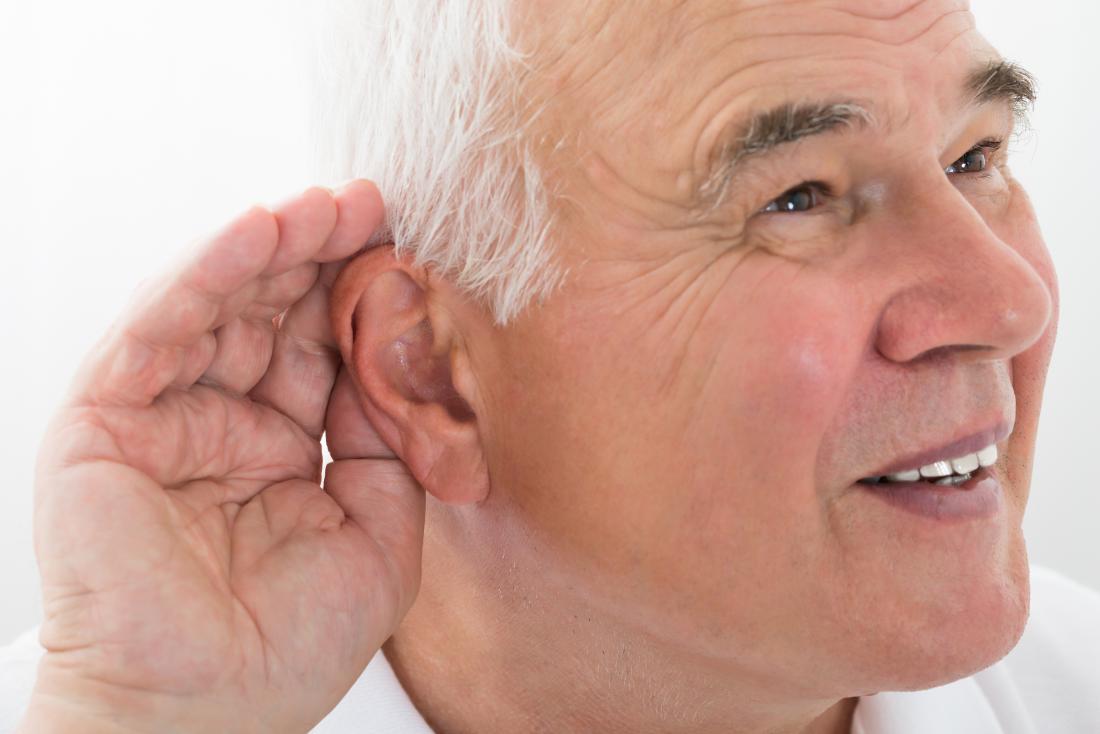Types of Hearing Loss
Hearing loss is a catchall phrase that refers to a wide range of hearing issues. It may be minor, restricting just high-pitched noises like those made by women and children, or it can be severe, affecting all sounds.
Presbycusis is a hearing loss condition that usually affects individuals in their later years. It’s brought on by harm to the delicate sensory nerves, which are especially sensitive during a baby’s early weeks. Damage to sensory nerve fibers may be detected in babies as young as 14 days old.
- Hearing loss can be the consequence of a variety of causes. Sensorineural hearing loss is caused by damage to the inner ear or auditory nerve. If it’s dealt with promptly, people who have normal hearing have an excellent chance of regaining their hearing.
- Pressure waves are unable to reach the inner ear if they are not heard. Earwax, fluid, or a perforated eardrum might be reasons. Conductive hearing loss may be treated with medications or surgery in certain circumstances.
Sudden Hearing Loss
Sudden or catastrophic hearing loss is the result of acute and total hearing loss as a consequence of rapid deafness. It might manifest instantly or take three days to materialize. If you or someone you know has been diagnosed with sensorineural hearing loss, it is an urgent medical condition.
Age-Related Hearing Loss (Presbycusis)
Presbycusis is a hearing loss that primarily affects the elderly. It appears to be hereditary and can be induced by ear diseases or the auditory nerve, according to some reports. Presbycusis makes it impossible to hear high noises or comprehend what others are saying. Hearing loss in old age occurs equally in both ears, which is an unavoidable consequence
Ringing in the Ears (Tinnitus)
Tinnitus, which is characterized by a ringing in the ears, is more prevalent among older people. Tinnitus, or a buzzing in the ear, is most common among individuals over 60 years of age. It’s conceivable that it will go away on its own alone.Tinnitus is a frequent indication of hearing loss in the elderly. Tinnitus can be caused by a variety of factors, including high blood pressure and allergies, as well as drug interactions. Hearing aids for seniors are the answer to your problem.
Whether you’re just beginning to use contacts or have been using them for a while, the techniques described in this article may help you avoid contact lens difficulties that others have encountered.
Stock up on contact lens solution
If you wear contact lenses every day and don’t notice your cleaning solution running out until the end of a long day, you won’t have this issue. Maintaining a ready supply of cleaning solution on hand may help you avoid getting into this situation.
Every few months, change the water in your tap. It’s important since the cleaning solution must be changed when contact lenses are inserted or removed. Because water may include pollutants as well as harmful, contagious germs that can irritate the eyes, it should not be used to clean contact lenses.
Tips for putting in and removing contact lenses
Wash and dry your hands before inserting or removing contacts
If you touch the dust with your hands, it will find its way into your eyes. Wash your hands with antibacterial soap and dry them fully before handling them to avoid spreading germs and leaving an oily film on your contact lenses. Silicone or hydrogel contact lens users should use cleansers that don’t require lubrication.
Always start with the same eye for contact lens insertion
Replace the contact lenses in your old pair with a fresh new set. To minimize confusion, make a list of all of your contacts. You’ll be less likely to make a mistake if you change the contacts, and your left and right contact lenses will be clearly distinguishable.
Place your contact lens in your palm
To prevent a cheap contact lens from rolling, squeeze it between your fingertips. To avoid striking one, remove the contact lens from its container and massage it between your hands. A nail scratch can allow germs to enter and cause an eye infection, as can contact lenses.

